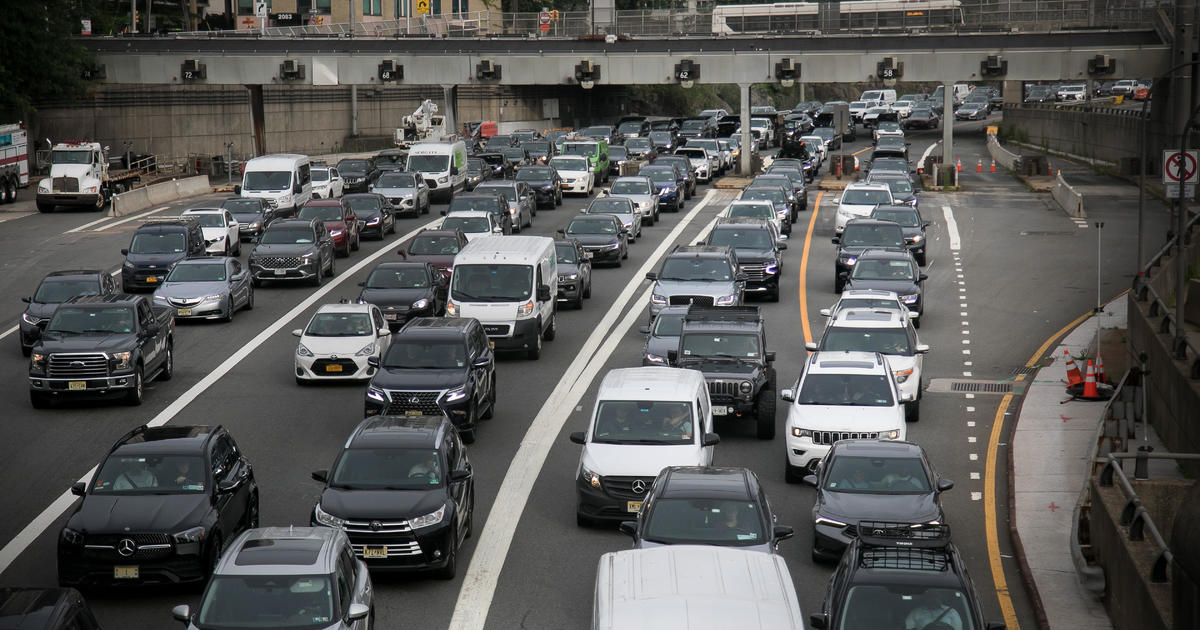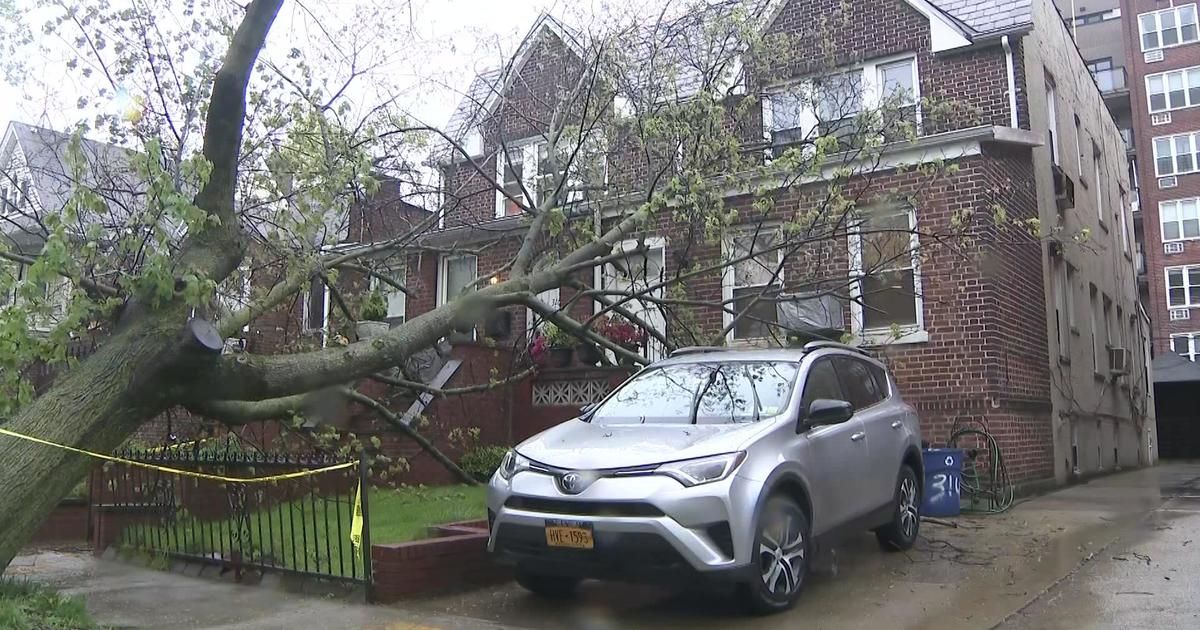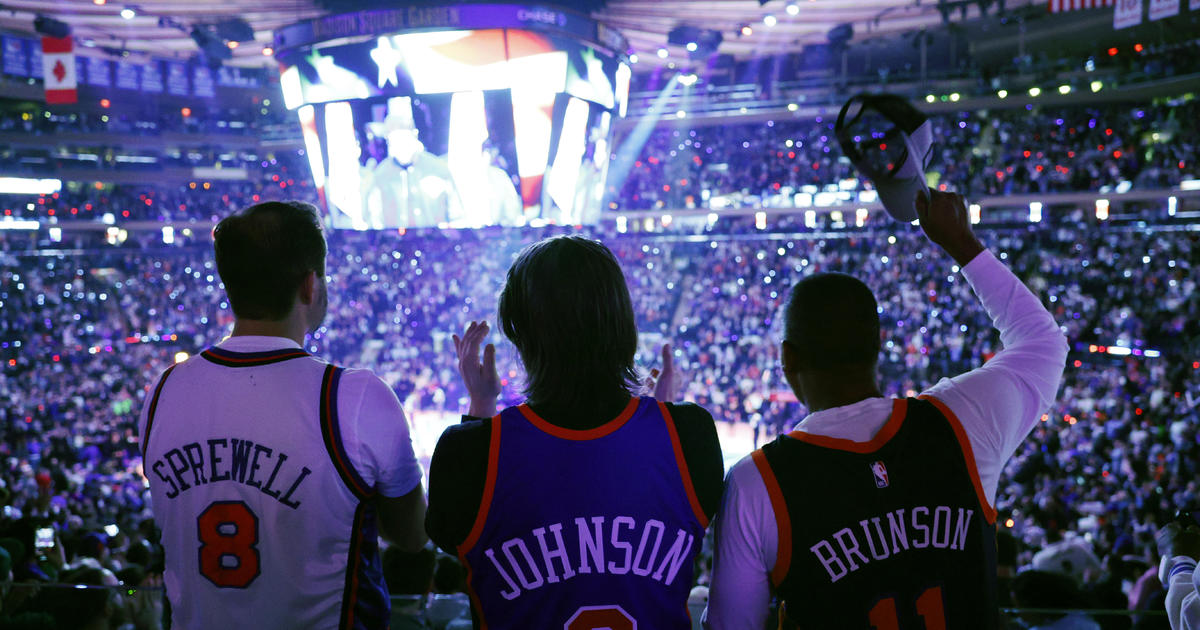Time To Set The Clocks Back, But Will It Affect Your Health?
NEW YORK (CBSNewYork) – Are you ready to "fall back" this weekend?
It will mean an extra hour of sleep Saturday night, but the time change can also throw some off their game.
"Fall back is the good one because I get an extra hour," Genie Wing told CBS2's Vanessa Murdock.
The Upper East Side resident is right, you'll get a bonus hour to snooze Sunday morning, but it does come at a cost.
"Are you excited for the extra hour of sleep?" Murdock asked Stephen Bobby.
"Half way, because you lose that daylight right?"
That's the trade-off -- the days will now get shorter as we move closer to winter on Dec. 21.
Adjusting the clock also means the sun rises and sets earlier.
Saturday's sunsets will be at 5:49 p.m. however, Sunday it moves to 4:48 p.m. and health experts say the change isn't a positive.
"Anything that changes the circadian rhythm is a stress on the body," Lisa Liberatore of Lenox Hill Hospital argues.
Dr. Liberatore studies sleep science and says falling back can have side-effects.
"More headaches, it could mean your judgement may not be as sharp, your driving may not be as sharp," the doctor explains.
The effects are similar to jet lag. It will take at least a few days to get your body clock back on schedule.
To put your best foot forward, experts say start changing your bedtime routine before falling back.
Dr. Liberatore suggests if you haven't started going to bed a little earlier, start Friday night.
You can also eat and work out earlier too.
The New Jersey Department of Human Services says up up to nine percent of adults and teens in the northeast live with seasonal affective disorder (SAD).
Dr. Liberatore urges if you suffer from the effects of falling back, expose yourself to daylight as much as possible.



